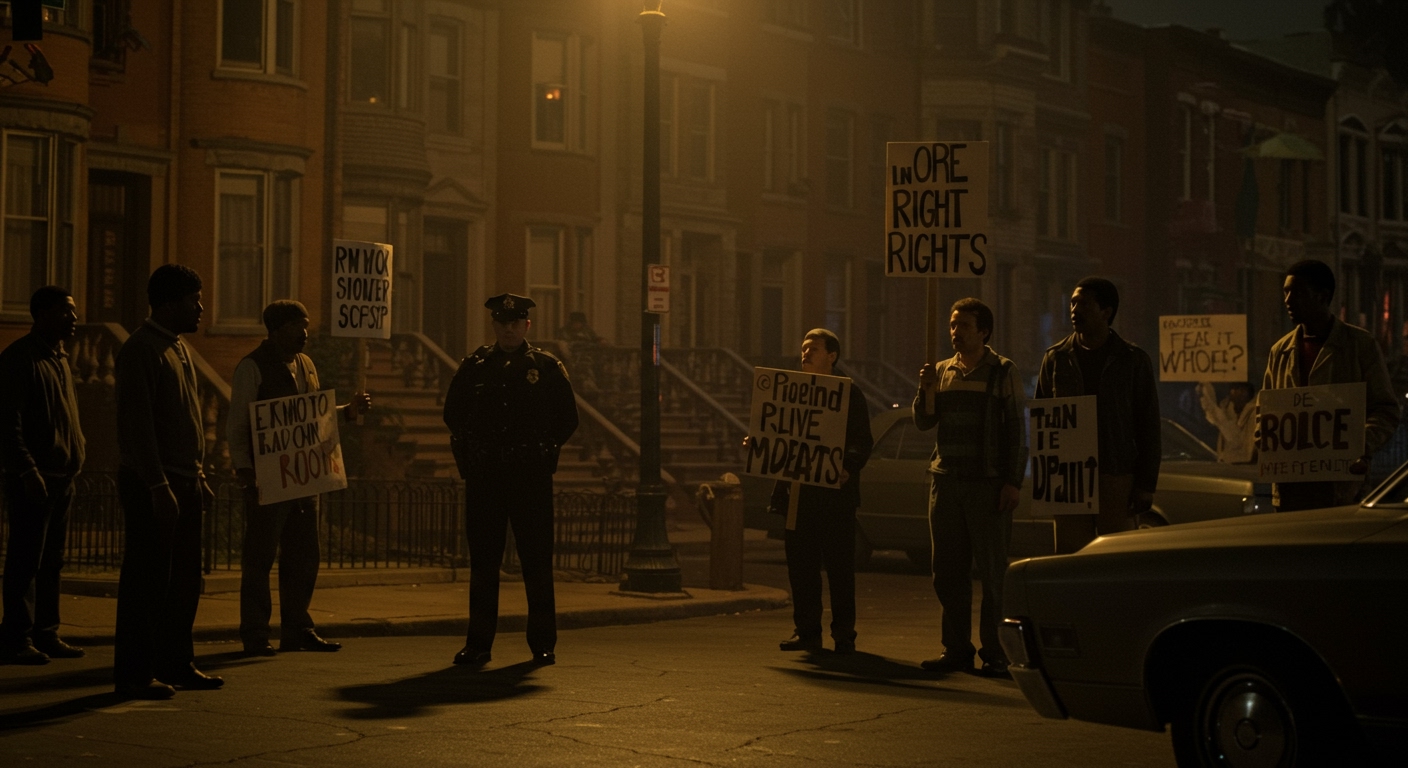As Chicago prepares for its vibrant Pride Month celebrations, it is essential to look beyond the contemporary parades and festivities to understand the profound and often arduous struggle that paved the way for today’s visibility and acceptance. The journey toward LGBTQ+ equality in the city has been marked by pervasive bigotry, challenging legislative battles, and the quiet persistence of activists determined to secure fundamental human rights.
The Seeds of Advocacy: Early Efforts
The fight for gay rights in the United States has deep roots in Chicago. Nearly a century ago, in 1924, a German immigrant named Henry Gerber established the nation’s first documented gay rights organization right here in the city. Inspired by progressive movements in Europe, Gerber founded the Society for Human Rights. This pioneering group, though short-lived due to societal hostility and police harassment, laid down an early marker for organized advocacy, demonstrating an aspiration for community and recognition in an era of severe repression.
Navigating a Hostile Landscape
For decades following Gerber’s early efforts, queer Chicagoans faced systemic discrimination and peril. Life for LGBTQ+ individuals was often lived in the shadows, fraught with the risk of exposure, social ostracization, and violence. Public spaces were unsafe, and private gatherings were vulnerable to police raids. Employment, housing, and even basic public accommodations were routinely denied based purely on sexual orientation. This period highlights the intense bigotry that necessitated a sustained and often dangerous fight for dignity and survival.
The Long Road to Legal Protection
The push for legal protections gained momentum over time, fueled by grassroots activism and changing social dynamics. While significant strides were made on many fronts of civil rights, specific protections for LGBTQ+ individuals faced considerable resistance. Activists engaged in tireless lobbying, public awareness campaigns, and direct action to challenge discriminatory practices and laws. They sought to codify the principles of equality under the law, arguing that sexual orientation should not be a basis for denying fundamental rights.
A Pivotal Legislative Victory: The 1988 Human Rights Ordinance
A critical turning point in Chicago’s history came in 1988. Following years of advocacy and political pressure, including crucial support from then-Mayor Harold Washington, the Chicago City Council took a momentous step. It passed the Human Rights Ordinance, a landmark piece of legislation that explicitly prohibited discrimination based on sexual orientation. This ordinance extended protections to key areas of life, including employment, housing, and public accommodation. The passage of the Human Rights Ordinance represented a significant victory, granting queer Chicagoans a crucial degree of legal standing and recognition that had long been denied.
Documenting the Struggle and Triumph
The path from repression to the celebrations we see today was not linear or easy. It involved countless acts of bravery, community building, and resilience. The history of this struggle is visually documented through powerful images that capture the spirit of those who fought for change. Photos curated by Vintage Tribune editor Marianne Mather offer a poignant glimpse into this period, depicting the challenges faced and the resilience demonstrated by the community on its journey toward equality.
From Fight to Festivity
Today’s Chicago Pride events are a testament to the perseverance of those who fought for a better future. They are not merely celebrations but also powerful reminders of the history of marginalization, the hard-won battles, and the progress achieved. The rights and freedoms enjoyed by the LGBTQ+ community in Chicago are built upon the foundation laid by early pioneers like Henry Gerber and solidified through the sustained efforts of activists and supportive political leaders like Mayor Harold Washington.
The editorial reflection on this history, authored by Colleen Kujawa, a content editor with the Tribune Editorial Board and a member of the LGBTQ+ community, underscores the personal and collective significance of understanding this journey. It serves as a vital reminder that the festive spirit of Pride is intrinsically linked to a profound historical struggle for recognition, dignity, and equal rights under the law. Understanding this past is crucial to appreciating the present and continuing the work towards a truly equitable future.












